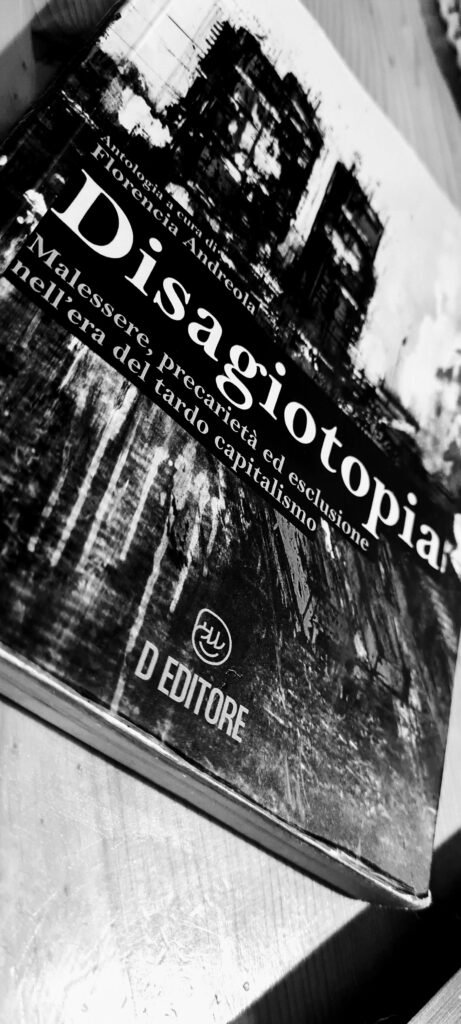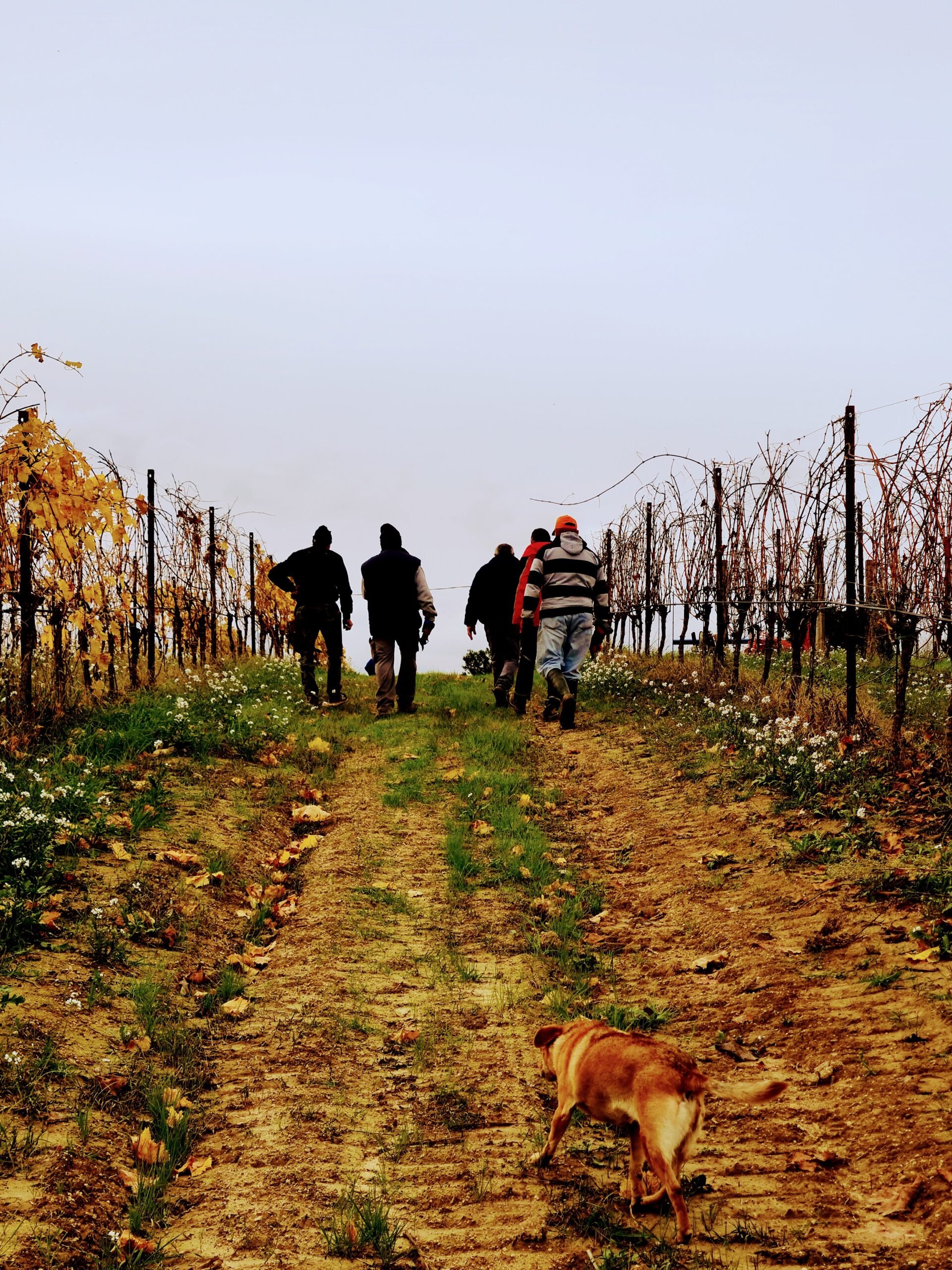The evaporation of agricultural work
MUSIC TO LISTEN TO: How deep the sea is – Lucio Dalla
TEXT TO READ: Disagiotopia: Malaise, precariousness and exclusion in the era of late capitalism – edited by F. Andreola
READING TIME: 5 minutes
In the last four years there has been a slow and relentless disintegration of the agricultural workforce. This factor is undeniable in its dramatic evidence, probably connected to a previous social pathology that has slowly involved the entire agricultural world. If we objectively analyze the primary sector, history teaches us that the agricultural world has been the victim of countless periods of crisis: Epidemics, environmental impact, commercial uncertainties and abandonment of the fields, where the peasant civilization with a resilient attitude has always adapted with difficulty. Precisely to protect the agricultural world, Europe has structured highly advanced common agricultural policies since 1962 in order to protect income and agricultural production to improve the synergies between the agricultural operating environment and consumer needs. In summary, it represents a close understanding between agriculture and society, between Europe and its farmers. At its sixtieth anniversary, the CAP, through measures to support income, the market and rural development, it is now clear that it has changed the face of European agriculture, making it one of the first producers in the world of typical food products. In recent years, cross-compliance rules, within the so-called “baseline” for rural development, have made our fields among the most environmentally sustainable in terms of production, a real milestone for our important agricultural communities. Precisely the latter, however, are called to a new challenge, an epochal change that the contingent social moment requires, to which a refractory attitude that often distinguishes this world is inconceivable. Now that we find ourselves in the era of late capitalism, as defined by many sociologists, where job insecurity, malaise and social exclusion are increasingly infecting our industrial and consumer services society, our agricultural communities also seem to be suffering from this phenomenon which is slowly damages one of the cornerstones of rural development: social sustainability. As an agronomist, this scares me. A real paradox, today that we have the best technology and knowledge in the field, we struggle to find someone who knows how to apply it. Suffice it to say that in my working context, year after year it becomes more and more difficult to find regularly hired and paid specialized personnel in the field. By now we are moving towards a tertiarisation of field cultivation operations followed by a driven mechanization which will oblige farms to remodulate choices and ways of managing the agricultural crops typical of a territory.
The agricultural world has repeatedly had to face social crises but this time it seems to take on different contours. If before it could have been a refuge in times of industrial crisis, now it doesn’t seem to be anymore, suffering as a consequence a malaise that comes from the other sectors on which it now depends closely.
A very current text that I recently discovered and deals with this topic is called “Disagiotopia” edited by Florencia Andreola. The book draws a real map of the unease that infects our current late capitalist society. Even if apparently capitalism has relatively touched our agricultural communities, in reality it pays the consequences indirectly as it is connected to the supply chain which is undergoing this moment of crisis. The text highlights that:
[…[…The passage from a wage society, with its social compromises of industrial regulation, in the new capitalism is replaced by a new productive subject, as the sociologist Michel Foucault defines it: active economic subject. The workforce becomes a value force which therefore sees the dematerialization of fixed capital and its transformation into human capital in which the worker autonomously activates a process of permanent modification through education and training aimed at the ability to value himself thus becoming a so-called resource Human. What was once the productive subject has now turned into a performance subject who must necessarily learn to compete actively on the market and its importance will derive from the ability to exploit its potential. It goes without saying that a total mobilization is required of the new performance subject, not only professional but also emotional as it is effective from a commercial point of view but which damage the distinction between his private life and his working life, creating considerable psychopathological discomfort.]
Currently, the new business model that the EU will promote will be much more suitable for a performing subject than for a productive subject typical of the old model. Among the ten objectives to be achieved, the new CAP 2023-2027 program envisages strengthening the competitiveness in terms of the market and social conditionality of the European agricultural context vis-à-vis the rest of the world. Quite a challenge for a sector that is very resilient to change, especially in terms of new forms of competitive capitalism. I just hope that this model doesn’t lead to further social and employment problems as are happening in other working environments.




